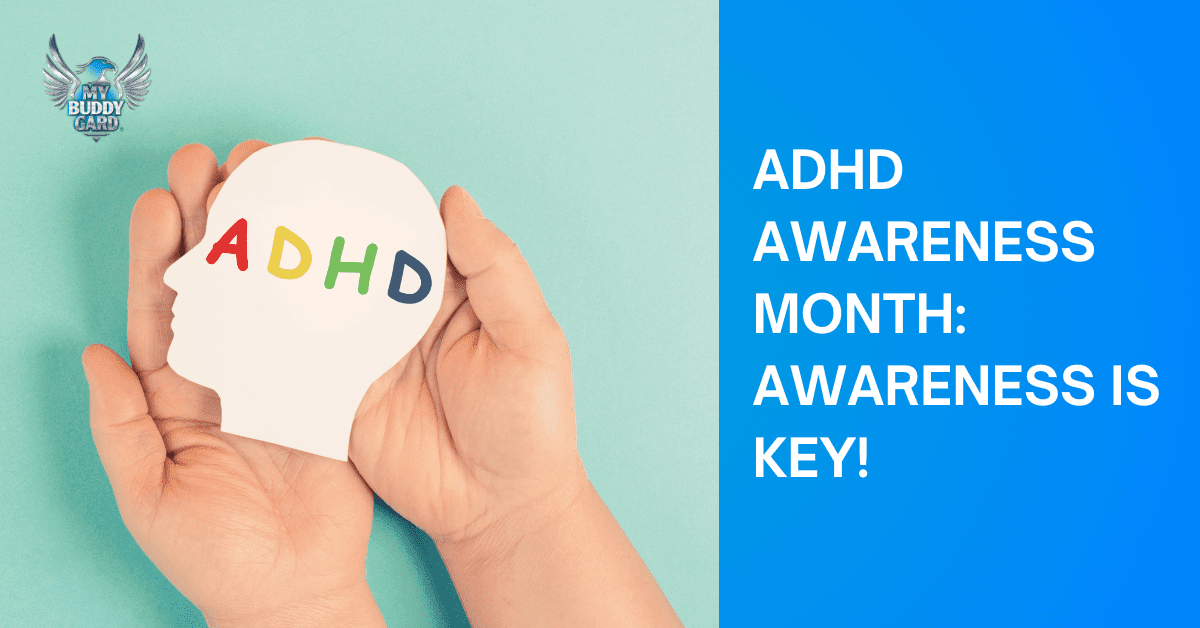For years, many believed ADHD was simply an inability to pay attention—an old and incomplete idea. ADHD was often seen as something affecting only young children who couldn’t sit still, driving parents and teachers crazy. Today, we understand ADHD as much more than restlessness or distraction. It affects the brain’s self-management system, called executive functions, and impacts individuals of all ages, including teens and adults.
What Are Executive Functions?
ADHD affects the brain’s executive functions, which include key abilities like:
- Organising and maintaining structure
- Starting and completing tasks
- Sustaining focus
- Managing alertness
- Using short-term memory
- Regulating actions and impulses
These challenges can make prioritising, staying organised, or controlling emotions difficult, leading to struggles in many areas of life, not just school or work.

ADHD Runs in Families
condition and seek appropriate support.
Understanding ADHD: Awareness Leads to Solutions
Awareness is the first step in finding effective strategies for managing ADHD. Without understanding the condition, parents, teachers, and employers may not recognise the need to adapt their approach. Awareness helps foster understanding, guiding better parenting, teaching, and workplace accommodations that support individuals with ADHD.

